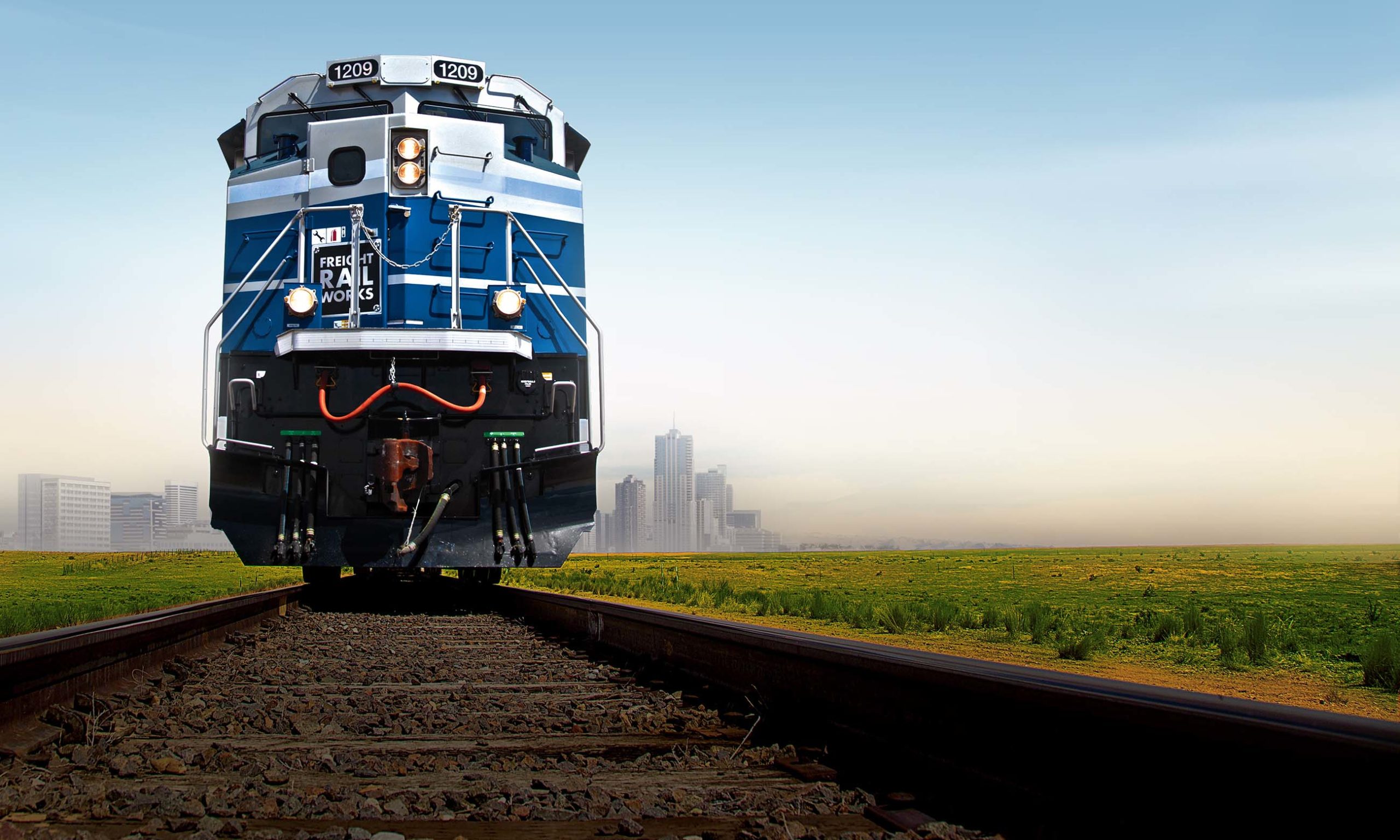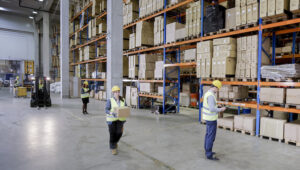
Railway systems are the lifeblood of modern transportation, seamlessly connecting cities and regions. Ensuring their efficiency and security is paramount to a seamless and reliable travel experience.
An important aspect is the role of railway connectors in maintaining network integrity. In this exploration, we look at the importance of these connectors and how they contribute to the advanced functionality of railway systems.
-
The Backbone Of Connectivity: Railway Connectors
Railway connectors act as the backbone of the entire railway infrastructure. These connectors facilitate the uninterrupted flow of vital data and power within the system, connecting various components and ensuring efficient operation. Whether transmitting signals, providing power to sensors, or managing communications between different sections of a railway, reliable connectors play a vital role.
-
Ruggedized Connectors For Harsh Environments
Railway systems face environmental challenges, from extreme temperatures to vibrations and shocks. The ruggedized connectors aim to withstand these harsh conditions, providing durability and longevity. These connectors are made from durable materials designed to withstand constant motion and exposure to the elements.
-
Ensuring Sensor Connection For Enhanced Safety
Sensors are integral parts of modern railway systems, providing real-time data for monitoring and control. Connectors enable the seamless connection of sensors, allowing them to transmit critical information to central control systems. Monitoring track conditions, detecting obstacles, or ensuring precise braking, the reliability of sensor connection is paramount to the overall safety and efficiency of the railway network.
-
Enhanced Reliability For Uninterrupted Operations
Railway systems require high levels of reliability to ensure smooth operation and passenger safety. Reliable railway connectors contribute to achieving this reliability. These connectors play a critical role in preventing operational disruptions. The robust design of these connectors ensures a stable and continuous flow of data and power, thereby increasing the overall reliability of the railway system.
-
The Role Of Connectors In System Integration
Railway systems are complex networks that must work together well. Connectors play a vital role in system integration by providing essential links between different components. Whether it is connecting control systems, power distribution units, or communication modules, the reliability of connectors is paramount to achieving efficient system integration.
-
Incorporating Advanced Technology For Future-Ready Connectivity
As technology advances, so does the demand for more sophisticated railway systems. Connectors designed to accommodate the integration of advanced technologies ensure that railway networks remain future-ready. These connectors can handle increased data transmission speeds and support higher power requirements, making them a critical component for the longevity and relevance of railway systems in a constantly evolving transportation landscape.
Conclusion
As we look toward the future of transportation, it is clear that investing in advanced connectors is a necessity and a strategic move for the sustainable development of railway systems. And when it comes to reliability, remember that a strong connection is the key to a reliable railway system.
When considering reliable railway connectors, many brands exist. Among them, Allied Electronics Corporation emerges as a trustworthy partner, guaranteeing smooth connectivity and optimal performance of railway systems. Embrace the future of railway connectivity, where each connection is a testament to sustainability, reliability, and progress.



